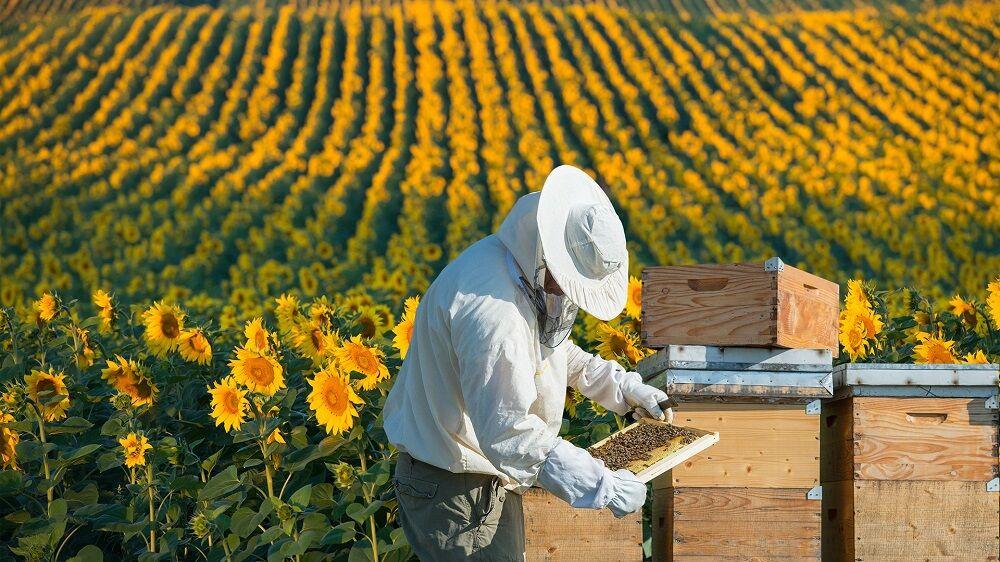
The Buzz About Beekeeping: Why It’s Becoming a Trendy Hobby
Beekeeping, once considered an old-fashioned and niche hobby, is experiencing a surge in popularity in recent years. From urban rooftops to suburban backyards, more and more people are taking up beekeeping as a way to connect with nature, support local ecosystems, and even produce their own honey. Here, we’ll explore the reasons behind the trend and hear from two experts about the benefits of beekeeping for both individuals and the environment.
One of the main reasons behind the growing popularity of beekeeping is its potential to support local ecosystems and protect the declining bee population. Bees are essential pollinators, responsible for one-third of the food we eat. However, in recent years, bees have been facing numerous threats, including habitat loss, pesticides, and climate change. By taking up beekeeping, individuals can help to support local bee populations and contribute to the preservation of important ecosystems.
As Dr. Catherine Loyd, a bee expert and professor at the University of Minnesota, says, “Beekeeping is not just about producing honey – it’s about supporting the bees and the vital role they play in our ecosystem. By creating a welcoming habitat for bees and taking care of their needs, beekeepers can help to ensure the survival of these important pollinators.”
But the benefits of beekeeping go beyond supporting local ecosystems. Beekeeping can also be a rewarding and fulfilling hobby for individuals, providing an opportunity to connect with nature, learn new skills, and even produce their own honey.
As Emma Mullen, a beekeeper and founder of the Bee Farmers’ Association, says, “Beekeeping is a fascinating and rewarding hobby that provides a connection to the natural world that is hard to find in other activities. It’s an opportunity to learn about the complex and fascinating lives of bees and to contribute to the environment in a meaningful way.”
In addition to the environmental and personal benefits of beekeeping, the hobby also has numerous practical applications. For example, beekeeping can be a source of income for small-scale farmers and entrepreneurs, as well as a way to produce high-quality honey and other bee products.
As Dr. Loyd says, “Beekeeping can be a valuable economic activity for individuals and communities, providing a source of income and promoting local entrepreneurship. In addition, honey and other bee products have numerous health benefits and are highly sought after by consumers.”
However, it’s important to note that beekeeping requires a significant amount of time, effort, and knowledge. Beekeepers must be willing to invest in proper equipment and training and commit to ongoing maintenance and care for their bees.
As Mullen says, “Beekeeping is not something to be taken lightly. It requires a significant investment of time and resources, as well as a willingness to learn and adapt to the needs of the bees. However, for those who are willing to put in the effort, the rewards can be immense.”
Beekeeping is becoming a trendy hobby for good reason. Not only does it provide a way to support local ecosystems and protect important pollinators, but it also offers a rewarding and fulfilling way to connect with nature and produce high-quality honey and other bee products. However, beekeeping is not something to be taken lightly, and individuals must be willing to invest the necessary time, effort, and resources to ensure the health and well-being of their bees. Whether you’re an aspiring beekeeper or simply interested in learning more about this fascinating hobby, the benefits of beekeeping are clear and numerous.
